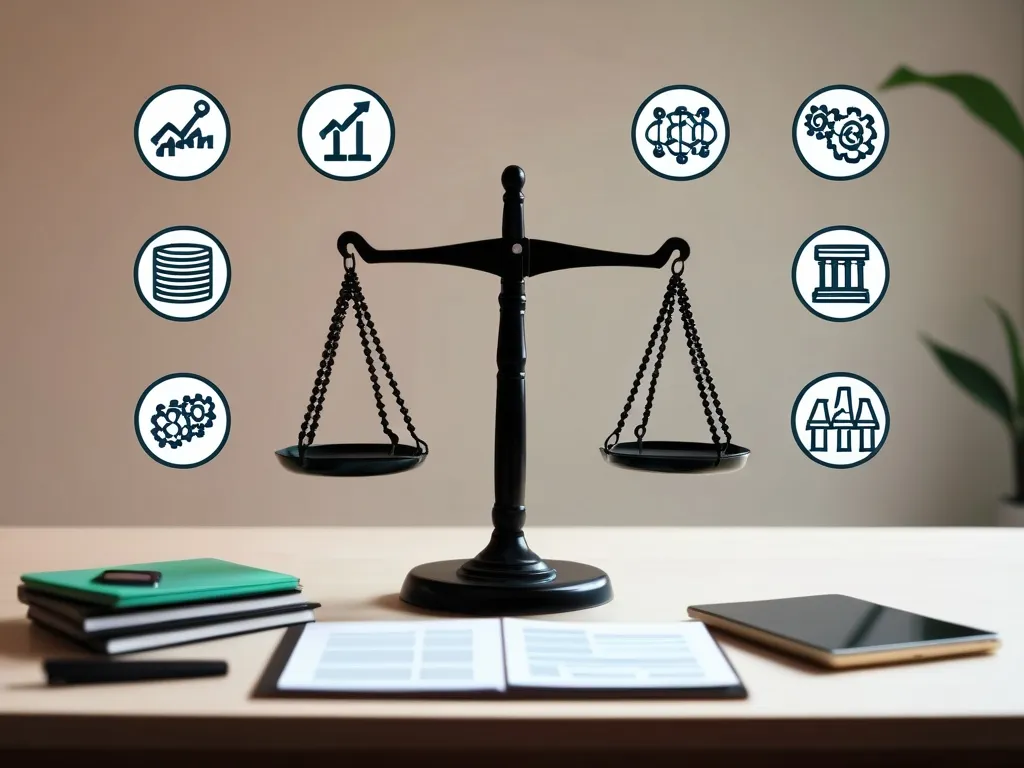Creating a zero-based budget is a journey that requires precision, patience, and a clear understanding of your financial landscape. It’s a method that transforms the way you think about money, ensuring every dollar is allocated with a purpose. Here’s how you can embark on this financial transformation.
Starting from Scratch
The first step in creating a zero-based budget is to calculate your monthly income. This isn’t just about your salary; it includes every source of revenue, such as investments, side hustles, or even child support. The key is to have a comprehensive picture of how much money you have coming in each month. For instance, if you have a variable income, you might need to average out your earnings over several months to get a reliable figure.
Mapping Your Expenses
Next, you need to list all your monthly expenses. This is where the real work begins. Start with the essentials: rent, utilities, groceries, and minimum debt payments. These are the non-negotiables that keep your life running smoothly. But don’t forget the often-overlooked expenses like holiday gifts, annual subscriptions, or that occasional trip to a wedding. Breaking down these periodic expenses into monthly allocations can help you avoid financial shocks later on.
Assigning a Purpose to Every Dollar
The core principle of zero-based budgeting is that every dollar must have a designated purpose. This means your total expenses should equal your total income, leaving no money unaccounted for. If you earn $5,000 a month, every single dollar of that amount needs to be allocated. This could be towards bills, savings, debt repayment, or even entertainment. The goal is to ensure that your income minus expenditures equals zero at the end of the month.
Prioritizing Your Goals
Prioritizing your financial goals is crucial in a zero-based budget. Are you trying to pay off debt? Saving for a down payment on a house? Or perhaps building an emergency fund? These goals should guide how you allocate your money. For example, if debt repayment is a top priority, you might allocate a larger chunk of your income towards your credit card or student loan payments.
Regular Reviews and Adjustments
A zero-based budget is not a one-time task; it’s an ongoing process. You need to review and adjust your budget regularly. Life is unpredictable, and your budget should be flexible enough to accommodate changes. Maybe you got a raise, or perhaps you had an unexpected medical expense. Whatever the case, your budget should reflect these changes to keep you on track.
Leveraging Technology
Using budgeting apps or spreadsheets can be a game-changer in tracking your spending and staying accountable. Tools like Excel or specialized budgeting software can help you link all your financial accounts and create monthly categories for spending, saving, and giving. These tools also provide real-time updates, making it easier to see where your money is going and make adjustments as needed.
The Envelope System
For those who prefer a more tactile approach, the envelope system can be incredibly effective. This involves dividing your expenses into categories and placing the corresponding budgeted amount into labeled envelopes. For example, if you’ve allocated $500 for groceries, you’d put $500 in cash into the “Groceries” envelope. This visual and hands-on method can help you stick to your budget and avoid overspending.
Celebrating Progress
Finally, it’s important to regularly assess your progress and celebrate small victories along the way. Financial journeys can be long and arduous, but recognizing your achievements, no matter how small, can keep you motivated. Whether it’s paying off a credit card or reaching a savings milestone, acknowledging these successes can make the process more enjoyable and rewarding.
The Psychological Aspect
One of the lesser-known benefits of zero-based budgeting is its psychological impact. When every dollar has a purpose, you feel more in control of your finances. This sense of control can reduce financial stress and anxiety, allowing you to make better, more informed decisions about your money. It’s not just about managing your finances; it’s about managing your peace of mind.
Real-Life Applications
Zero-based budgeting isn’t just for individuals; it’s also a powerful tool for businesses. Imagine a company that scrutinizes every department’s expenses, ensuring that each dollar is justified and necessary. This approach can lead to significant cost savings and improved efficiency. For instance, a company might realize that manufacturing certain parts in-house is cheaper than outsourcing, leading to a more streamlined and cost-effective operation.
Overcoming Challenges
Creating a zero-based budget can be more time-consuming and complex than traditional budgeting methods, but the payoff is well worth the effort. One of the biggest challenges is accurately forecasting variable expenses like groceries or utilities. To overcome this, you need to analyze your past spending patterns and make informed estimates. Keeping a list of assumptions behind your budget decisions can also help you adjust more accurately as the months go by.
Long-Term Benefits
The long-term benefits of zero-based budgeting are profound. By aligning your spending with your goals, you can achieve financial stability and make significant progress towards your objectives. Whether you’re trying to pay off debt, save for retirement, or build an emergency fund, this method provides the clarity and control you need to succeed.
In conclusion, a zero-based budget is more than just a financial tool; it’s a mindset shift. It’s about taking control of your money and ensuring that every dollar works towards your goals. By following these practical steps, you can transform your financial life, reduce unnecessary spending, and pave the way for a more secure and prosperous future. So, take the first step today, and watch how your financial landscape begins to change for the better.






